
Facts and Truth About Drinking Tap Water Peninsula Water
Here's a brief primer on tap water in Rome, and how to drink water like a Roman. Photo credit: gérard, Text Overlay: Devour Rome Food Tours. 1. Tap Water. Let's get the easy one out of the way. Tap water in Rome is perfectly safe to drink. Punto e basta.

Is Tap Water Safe To Drink? The Pure Health Journey
Drinking tap water in Italy is safe all over the country. Across the different Italian regions, tap water comes from local springs and wells, and depending on the area, it can be more or less hard or sweet.. Apart from being good and safe, refilling your own reusable bottle with local tap water is one of the best ways to save quite a lot of money, especially if your trip is more than a 2-day.

Is tap Water Safe for Plants Frizzlife
The Source of Tap Water in Rome. Rome's tap water supply comes from mostly springs and wells, as is shown in the sustainability report. In fact, as much as 97% of Rome's tap water comes from springs and 3% from wells. There is a lake that is used as an alternative source of water in the event of an emergency, such as a prolonged drought.

Signs Your Tap Water Might Be Dangerous To Drink Tap Water in the UK
Yes, tap water is drinkable. Tap Safe includes data from many publicly available sources, including the WHO (World Health Organization), CDC (Center for Disease Control), and user submitted databases, but unfortunately there's not enough data about Rome. To see user submitted ratings of the water quality for Italy, see the "User Submitted.

Too Much Chlorine In Your Tap Water Why That's A Problem My Decorative
Tap water in Rome. The romans have delivered clean drinkable water to the city for over 2000 years and they still do. It's clean and healthy to drink according to local Italian and international water quality standards. Despite this, Italians got accustomed to drink bottled water in restaurants and at home as they got wealthier in the 80s and.
Tap water in Rome safe to drink? r/TapWaterSafety
Yes, you can drink any tap water in Rome. Tap water throughout Italy is filtered and completely safe. During my 4 days in Rome, I filled my water bottle multiple times from my hostel bathroom. Not only is the water safe, but it's also very fresh and tastes pure. As said above, as you are able to drink it, you are of course, also able to brush.
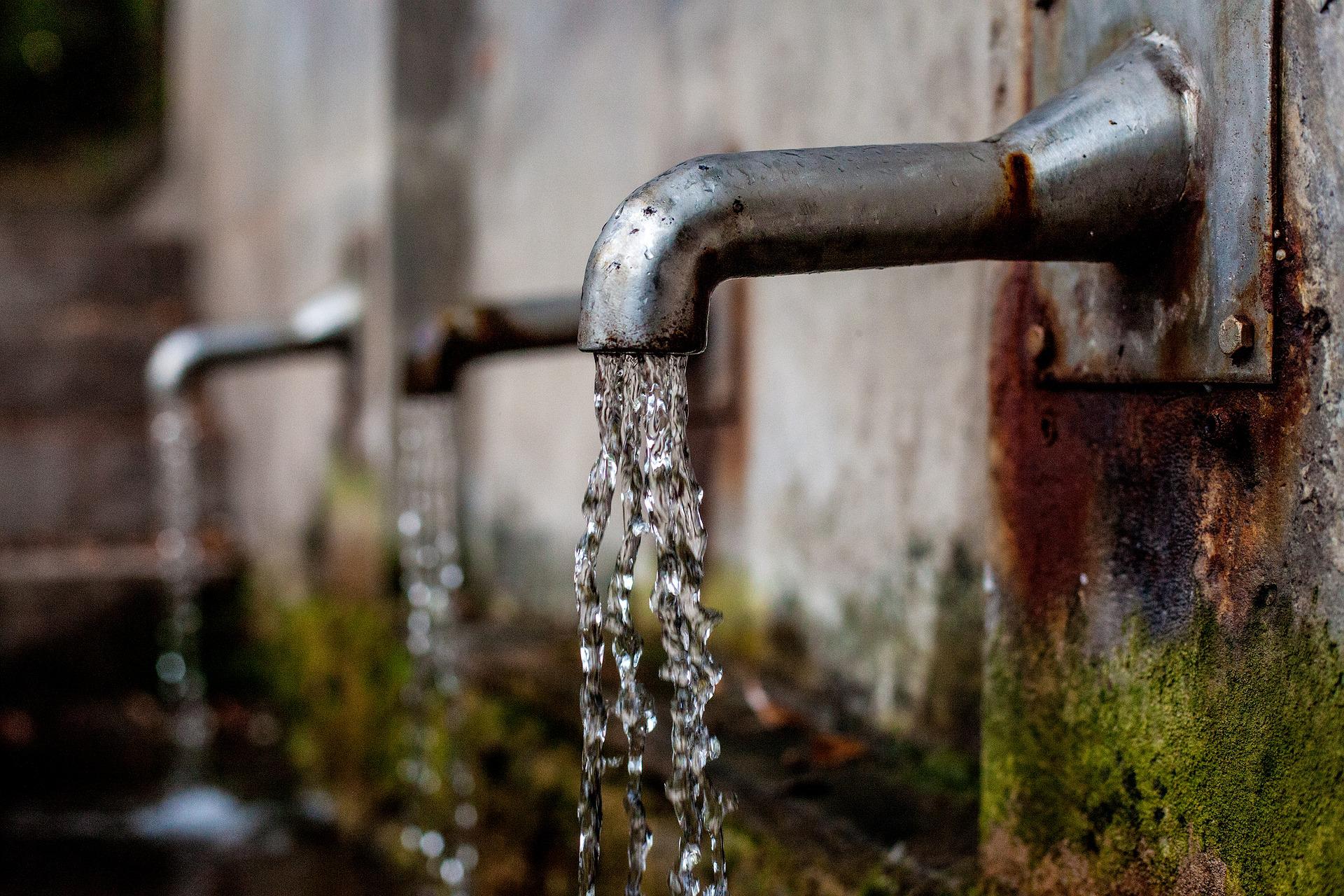
Can You Drink the Tap Water in Rome?
In Rome, tap water is generally considered safe for consumption and is sourced from spring water in the surrounding areas. The water undergoes regular testing and treatment to meet European and Italian standards. Special Concerns. Some older buildings might have plumbing systems that affect the taste and quality of the water.

Is it Safe to Drink Tap Water When Traveling Abroad? IDATB
The answer to this question is yes, you can drink tap water in Rome without worry. The water in Rome is safe to drink and meets all European Union standards. In fact, Rome's tap water is some of the cleanest and best-tasting tap water in Italy. The water comes from natural springs and is purified by the city's advanced water treatment plants.

Is Tap Water Safe? BXBK Urban Outdoor Survival Magazine
Rome tap water is safe to drink. Water access, safety and water quality in Rome are under the responsibility of ACEA and quality checks are carried out daily to make sure the water flowing from the tap in Rome houses and drinking fountains meets all the necessary standards.
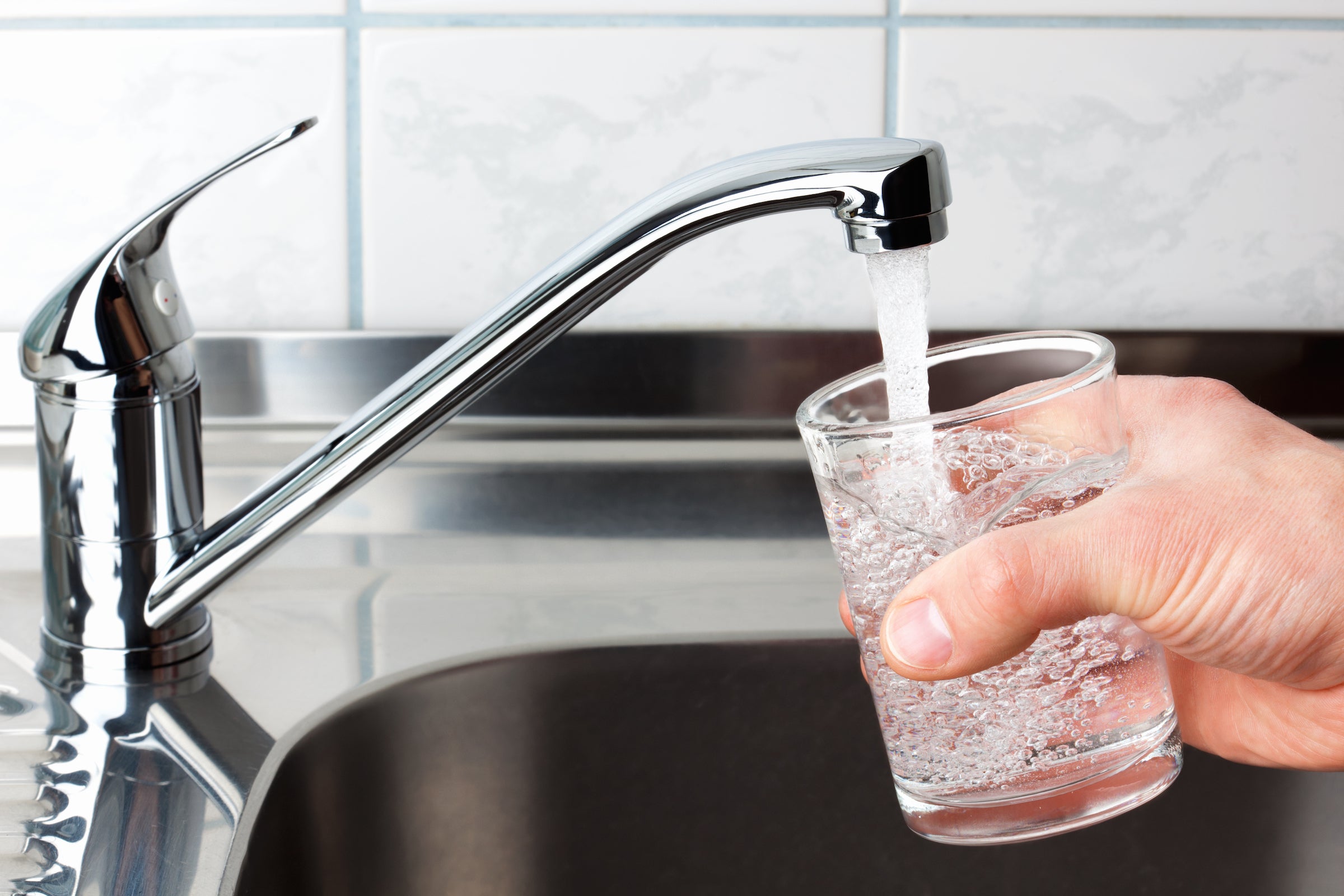
Tap Water, How it Affects YOU & the Solution! AlkaViva News
The drinking water in Rome is safe to drink most of the time, and not only that, but according to residents and travelers, it also tastes good, too! What is the History of Drinking Water in Rome? Ancient Roman civilization was advanced in many ways, but Rome's aqueducts are rightly celebrated as an engineering marvel. Construction on them.

Tap Water Is Your Tap Water Safe to Drink How to Make Sure That It Is
Generally, the water quality in Italy is of a high standard. So be assured that tap water in every hotel in Rome is safe to drink. If a hotel's tap water is unsafe, the hotel will surely let you know on your arrival. But this is an extremely rare occasion in Rome. However, as a custom, all room hotels in Rome provide bottled water, especially.

Safe Tap Water Tampa FL Doctors Walkin Clinic South Tampa
Fear not, dear reader; Erik's here with your answer! Yes, tap water in Rome, Italy, is safe to drink. Romans have enjoyed clean, drinkable water from their taps and ancient fountains for centuries. Now, don't just stop at a sip; there's a whole river of knowledge to quench your thirst. Dive in with me!
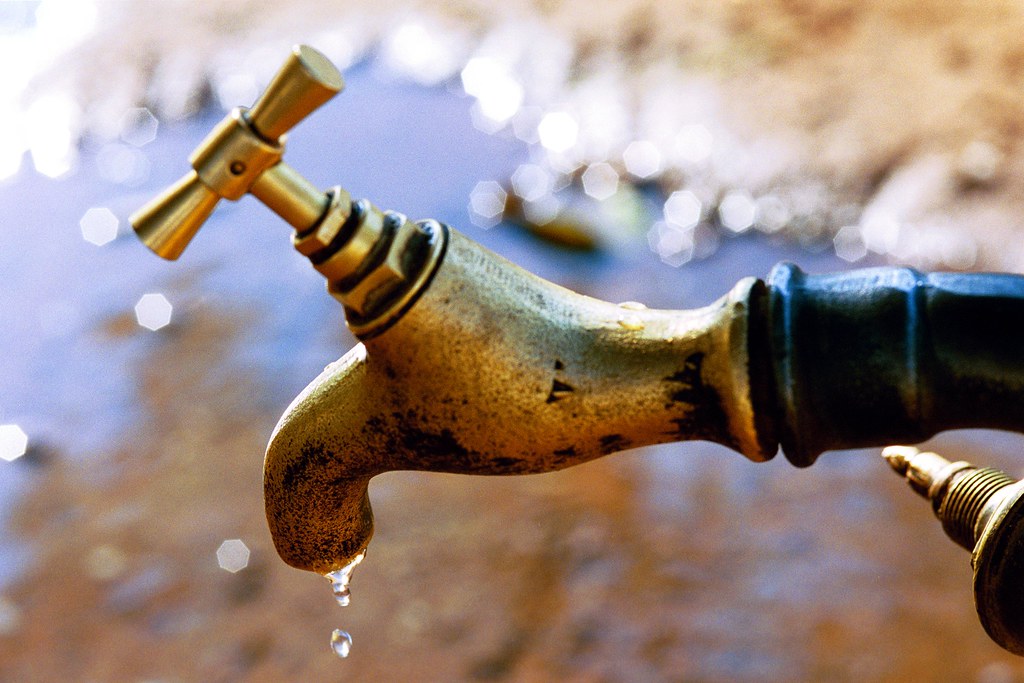
A water tap Water supply in Marracuene. Mozambique. Photo… Flickr
Tap water is freely available at both bars and cafes. Often you'll get a glass of water if you sit down at a cafe (to accompany your coffee) - if you don't, it's ok to ask for it. The water by default will usually be tap water, or maybe from a water filter. Either way, it's still safe to drink.
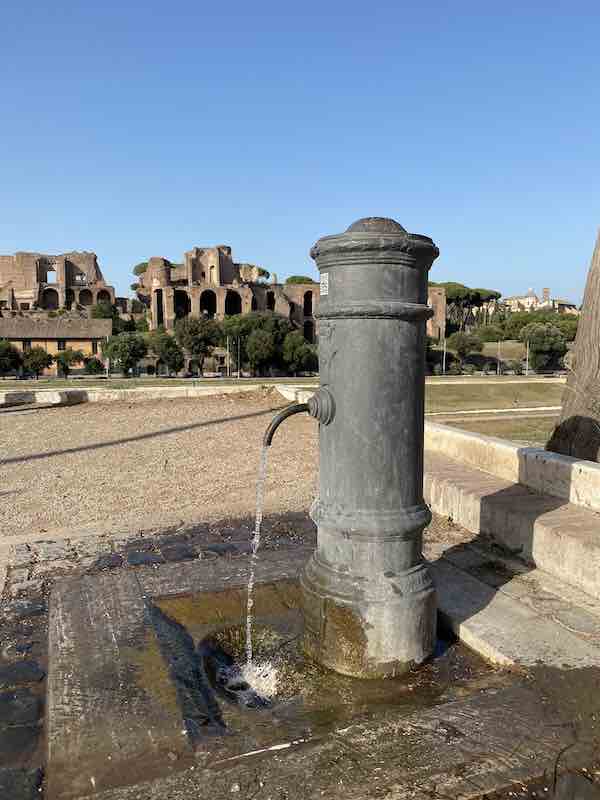
Can you drink tap water in Rome? All you need to know about drinking
Save. Tap water is normally not only fine, but tastes good -- Rome's water still comes in through aqueducts! You can also get a refreshing drink at the many drinking fountains (nasoni) throughout Rome. This is where Romans once got all their water.

What’s the Deal with Tap Water? Is it Safe? SiOWfa15 Science in Our
Tap water in Rome is safe to drink. Since ancient times, Rome was known as Queen Aquarum, the Queen of the Water, and the fountains, besides being fun and beautiful, represented a real show-off of exceptional water availability, which even increased the magnificence and the power of the city. Rome is full of fountains built over the centuries.
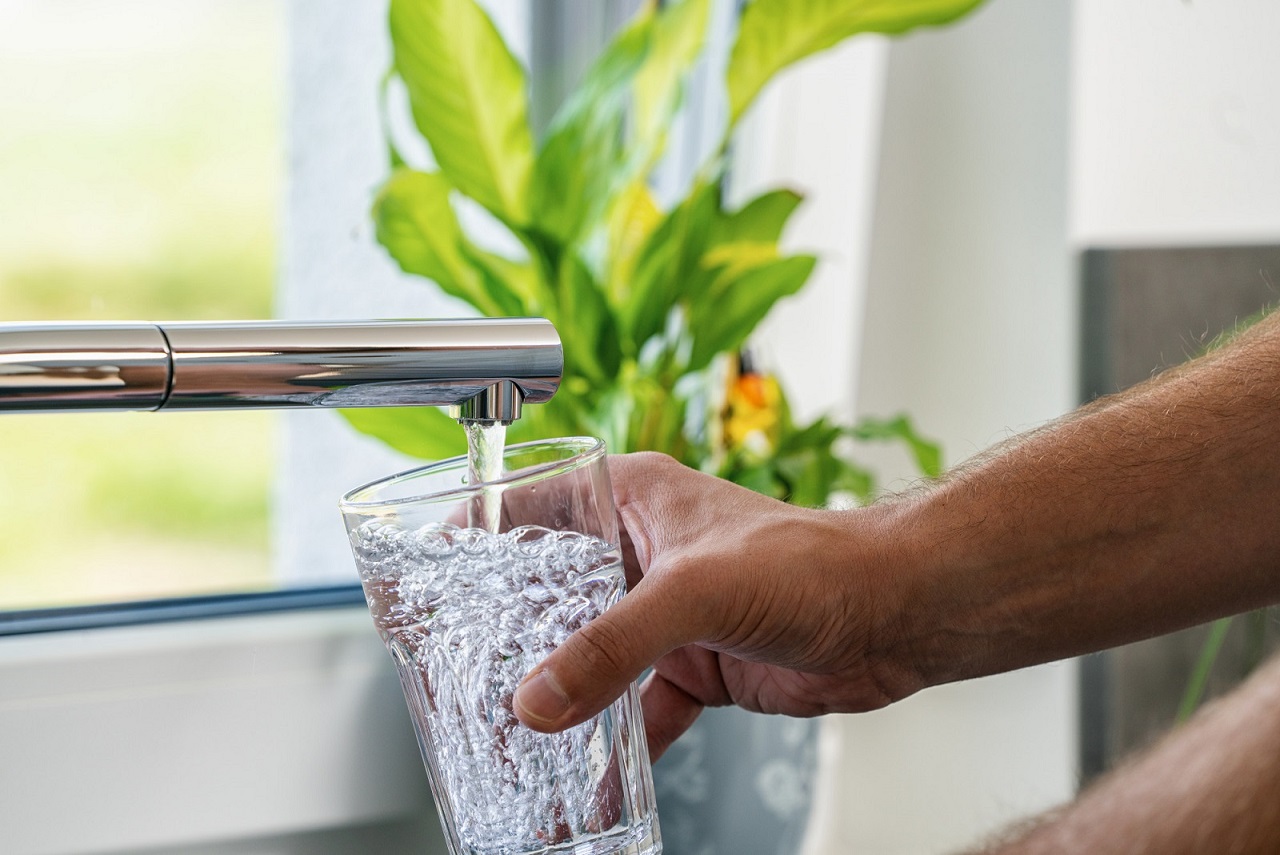
Is Tap Water Safe What You Need to Know
Rome's tap water is safe. And interestingly, Rome is a city packed with numerous old-style fountains providing drinkable water. Can you drink tap water in Verona? Verona is another popular destination in Italy, meaning tap water is regularly monitored and checked to align with the European Union's standards for drinkable water.